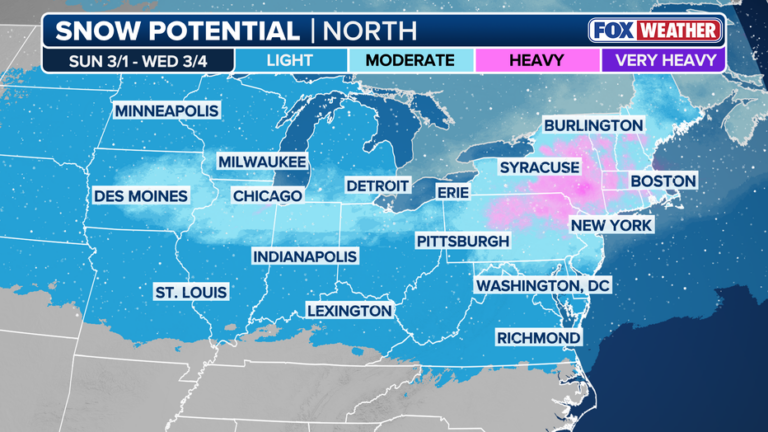By Rabbi Yair Hoffman for 5tjt.com
Hashem, in His Infinite Kindness has given us a gift in the Aseres Yemei Teshuva – the Ten Days of Repentance. How so? Not everyone, unfortunately, merited to receive a judgment on Rosh HaShana. Some people, have their spiritual report card pushed off.
The phrase “Bein Keseh L’Asor” is used to refer to the days between Rosh haShana, when the moon is covered, to the tenth of the month — Yom Kippur.
TWO GROUPS THAT CAN CHANGE THEIR FATE
The Talmud Yerushalmi explains that the bainonim — the average people, are judged during these ten days of Bein Keseh L’Asor. If the average person successfully repents — then they are inscribed with the Tzaddikim in the book of Life. Indeed, even the Rashaim, although they are written down negatively, it is not sealed until Yom Kippur and that fate can be changed. The gift is that everyone receives a second chance.
These ten days give all people the opportunity to make amends and correct their sins. Hashem comes closer to us and makes it easier to make those changes. The Talmud (Yevamos) understands the verse, “Dirshu hashem Behimatzo — seek Hashem where He may be found” (Yishayahu 55:6) as referring to the Ten Days of Repentance.
SIGNIFICANCE ELSEWHERE TOO
We find that these Ten Days have significance in other places too. Chazal also tell us that Hashem did not immediately punish Nahval, the first husband of Avigayil, for the sins he committed against Dovid HaMelech, and for his tremendous inhospitality. Nahval deserved immediate punishment for this mistreatment. But Hashem did not inflict it then. Rather, Hashem gave Nahval the opportunity to do Teshuvah during the Aseres Yemei Teshuvah. We see here the enormous power that these ten days possess.
In fact, the Midrash called “Yalkut Shimoni” tells us that the Anshei Knesses HaGedolah incorporated the ten verses of malchios, zichronos, and shofros in the Mussaf of Rosh haShana to correspond to the ten days of Teshuvah — this is how important these days are.
MORE AND MORE URGENT
The Shla explains that each day of the Aseres Yemei Teshuvah is progressively more and more urgent. Action should be taken in both areas of Mitzvos Bain Adam L’Makom andBain Adam l’Chaveiro and all three tools should be utilized, Teshuvah, Tzedakah, and Tefillah.
There are seven days that are in between the two days of Rosh haShana and the one day of Yom Kippur. The Seforim HaKedoshim explain that during each of these seven days, Sunday through Shabbos, it is possible to do Teshuvah for every Sunday that we sinned throughout the year 0n that corresponding day of the 7 days. So on Tuesday of the Aseres Yemei Teshuvah, we can atone for every Tuesday in that year.
OUR ROLE
The nation of Israel was given a special role in Hashem’s Master Plan for the world. Up until now, we have only partially fulfilled this Plan —of being a nation of priests, bringing knowledge of Hashem to the world. Indeed, the davening on Rosh HaShana emphasized the hope and dream when all the nations would form one Agudah to do His Will. The Torah commands us to make sure that we not forget this special role, and even provided us with special Mitzvos to make sure that our role not be lost. The Mishna in tractate Avodah Zarah tells us that the Rabbis forbade a number of items that were made or owned by the surrounding gentiles. Their concern was of the possibility of intermarriage, and of losing the special destiny that G-d has planned for us. One of the items mentioned in the Mishna is bread produced by gentiles.
ONLY PAS YISROEL
During the Aseres Yemei Teshuvah it is our custom not to eat what is called “Pas Palter — Baker’s bread.” This refers to bread or flour items that were baked under non-Jewish ownership. Regular Kosher bread, cakes, pretzels, cookies and ice cream sandwiches are not to be eaten during this time. It may only be eaten if the words “Pas Yisroel” appear on the supervision.
There are a few reasons for this stringency. One reason, according to the Tur, is that during these days we try to fulfill all our Mitzvos, both Torah and Rabbinic Mitzvos, in the most pure and ideal manner possible. How is Pas Yisroel more ideal? In the past, the sages forbade us from eating all bread and mezonos items that were baked by non-Jews. However, this prohibition was partially repealed by the Rabbis because the majority of our people were unable to adhere to this stricter ruling. However, during the Aseres Yemei Teshuva (and according to the Mishna Brurah on Shabbos too) we avoid eating Pas Palter.
Another reason for this stringency, according to the Levush, is to serve as a reminder of how unique these days are. A third reason, according to the Chayei Adam, is that we are asking Hashem not to be strict according to the law — just as we are doing something extra that is not strictly required of us, we ask Hashem not to be strict with us.
In the Avinu Malkeinu, there are usually two columns indicating two different versions to recite — one for the Ten Days of Repentance and one for Fast Days. On Tzom Gedaliah, the Aseres Yemei Teshuvah side is recited – not the column for fast days.
TEFILOS AND ADDITIONS
We must take enormous care to make sure that we add the appropriate additions to the Tefilah during the Aseres Yemei Teshuvah. One such addition is the fact that in Shmoneh Esreh we say Oseh HaShalom Bimromav instead of oseh Shalom Bimoromav. The Arizal explains that HaShalom in Gematriah is equivalent to the name of the angel in charge of inscribing “Safriel.”
During the Aseres Yemei Teshuvah we also try to be stringent regarding other Mitzvos too, not just Pas Yisroel. Some people try to purchase their lulavim and esrogim during this time in order to get more Mitzvos. The Seforim say that if someone is not careful to eat Glatt Kosher all year round but just regular Kosher, he or she should keep Glatt Kosher. For this reason, it would also be appropriate to be stringent in Cholov Yisroel during this time — if it is possible. It is not worthwhile, however, to cause a Machlokes over a Chumrah.
The author can be reached at [email protected]











